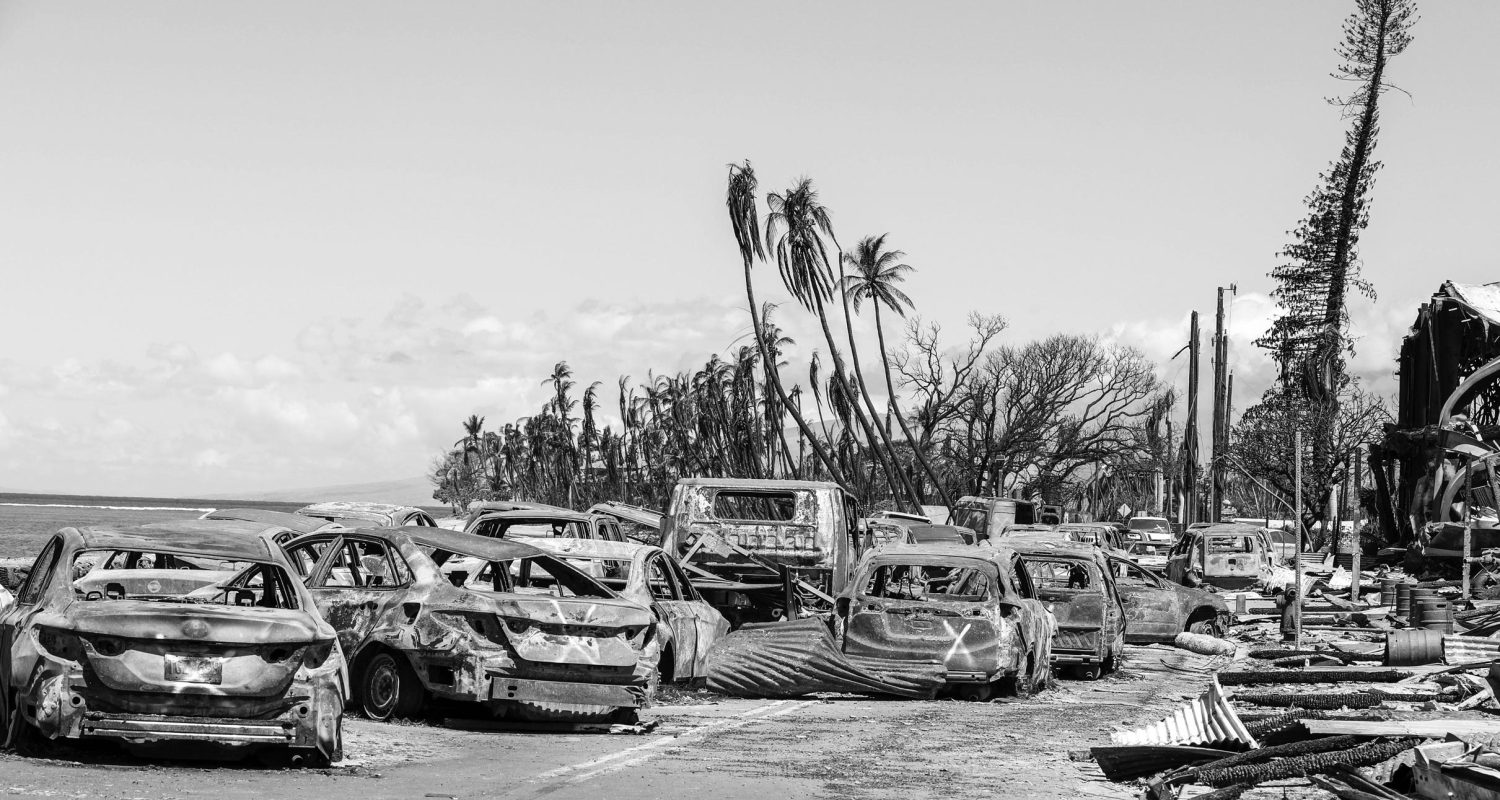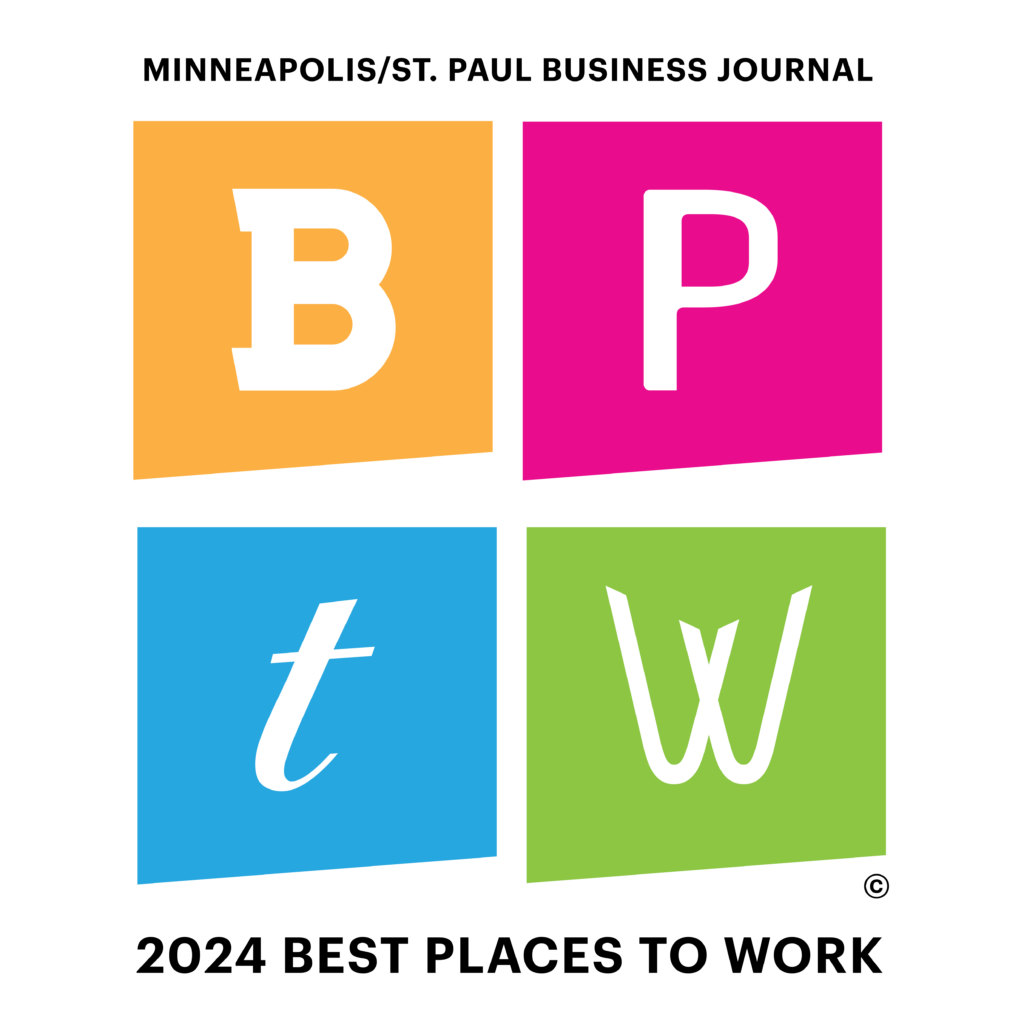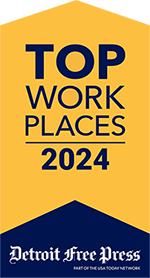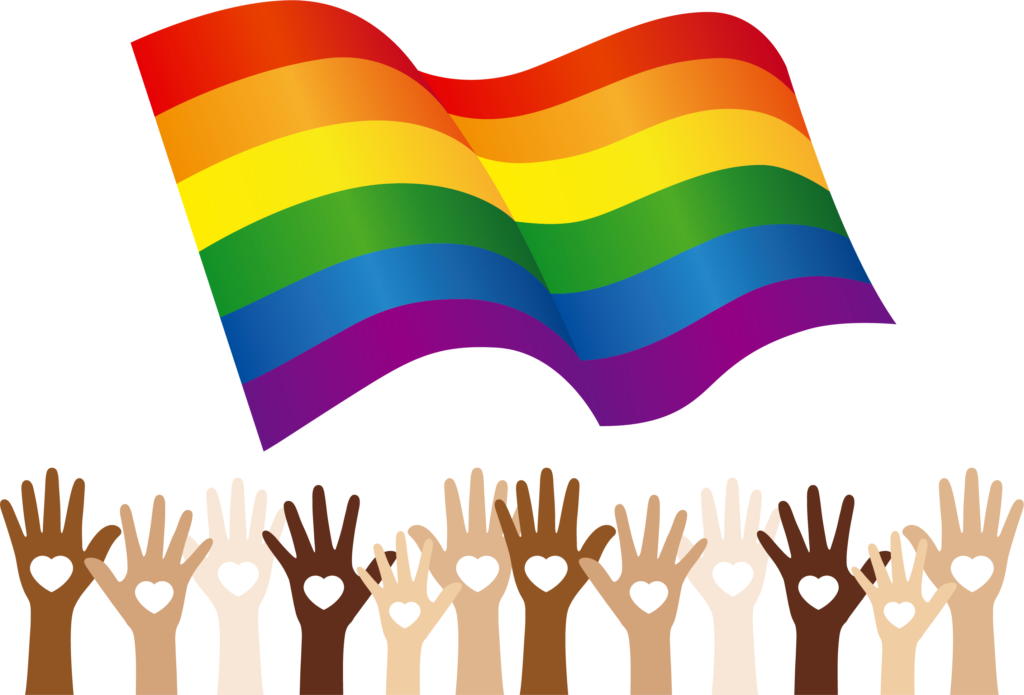Incident Type
Environmental Disaster
Location
Lahaina Maui, Hawaii
Media Report Details
Deaths: 100+, dozens wounded
Estimated Costs of Damage: $5.5 Billion
What happened during the Hawaii Wildfires?
On August 8th, 2023, the Hawaiian island of Maui experienced devastating wildfires, described as the deadliest in the state’s history. Fueled by strong winds from a nearby hurricane, the fires spread rapidly, engulfing the historic town of Lahaina and other parts of the island. The fires caused widespread destruction, demolishing thousands of structures, displacing residents, and resulting in significant loss of life. The rapid spread of flames, exacerbated by dry conditions and the hurricane-force winds, challenged firefighting efforts and prompted widespread evacuations.
The aftermath of the wildfires saw a massive mobilization of resources for emergency response, recovery, and support for the affected communities. Recovery efforts focused on rebuilding the community from this critical incident, aiding displaced residents and businesses, protecting the cultural integrity of Lahaina, and implementing measures to prevent future tragedies. The Maui wildfires of 2023 are a sobering reminder of the increasing threat of natural disasters in an era of unexpected climate change.
Why was a behavioral health response important following the Maui Wildfires?
The unescapable size and scale of this Wildfire disaster sent a ripple effect across the Hawaiian Islands and the world. In a matter of hours, an entire town – as well as its irreplaceable history – was swept away in ashes, along with the livelihoods and spirits of those affected. With so much chaos, fear, anger, and sadness among survivors, R3’s VP of Clinical Crisis Response, Jeff Gorter, was deployed as a first responder and mobilized to a nearby impact zone area.
Once on the ground, Jeff had the privilege of experiencing a string of intimate and moving experiences with the local residents and environment. Soaking it all in humbly, Jeff began to develop and contemplate a profound sense of responsibility and respect for the people of Lahaina and their spiritual connection to the land.
Of these moving experiences, two central principles emerged, incorporated as part of the behavioral health response and recovery support R3 provided. What Jeff coined as “helping in a Hawaiian social context” encompassed:
Aina – Signifying the connection of the people and community to the land. Understanding that which feeds and sustains and is a source of beauty and communal strength.
Ohana – Representing the people’s connection to each other, encompassing community and belonging. It means that there should be no one left behind and that there is great power in the collective force of family to prevail.
While coping and healing from disaster look different for everyone, these two principles played a central role in addressing mental health, wellbeing, and establishing a culturally competent and empathic response to the events that had occurred.
Who did R3 support?
R3’s disruption response and recovery services in Maui involved addressing the complex and multi-level impact of the disaster on local businesses and their personnel. This started with management consultation meetings with executive leaders and points of contact at a local beverage-distributing company and a beauty supply store.
Checking in with these local business leaders to understand their feelings and emotions and those of their teams was imperative. Especially after losing some of their own staff to the disaster, these insights helped inform more individual sessions working with employees navigating uncertainty and loss. As they returned to work, it was paramount that R3 addressed these workplace trauma triggers and helped individuals speak openly about the events that occurred, especially for team members who didn’t know which of their customers and businesses survived in such a tight-knit community.
Automatically jumping back into the day-to-day working routine without the proper tools and resources to process feelings of anger, grief, sadness, and fear would have been extremely difficult. In some cases, when left untreated, these feelings can lead to more chaos and mental health issues, elevating the risk for potential domestic violence and outrage as a natural response to unaddressed work trauma among employees.
What was the impact of R3’s support?
As a result of R3’s behavioral health support, local business leaders, employees, and their families impacted by the Hawaii Wildfires were able to voice and process their heavy emotions. They were able to understand the importance of building each other up and how to process their grief and trauma. The facilitated discussions and one-on-one counseling services with a cultural emphasis allowed these individuals to share their feelings openly and begin their healing process together.
R3’s support also helped businesses rebuild and establish organizational resilience with trauma-informed leadership strategies. This was incredibly important as regular business and commerce activities played a major role in reestablishing normalcy and supporting those who needed to work and provide for their families under pressure.
Don’t wait till after tragedy occurs to navigate how you will support your community. Learn more about how to augment your EAP program with violence prevention and preparedness for disruptions of all sizes with R3’s tailored support solutions.

